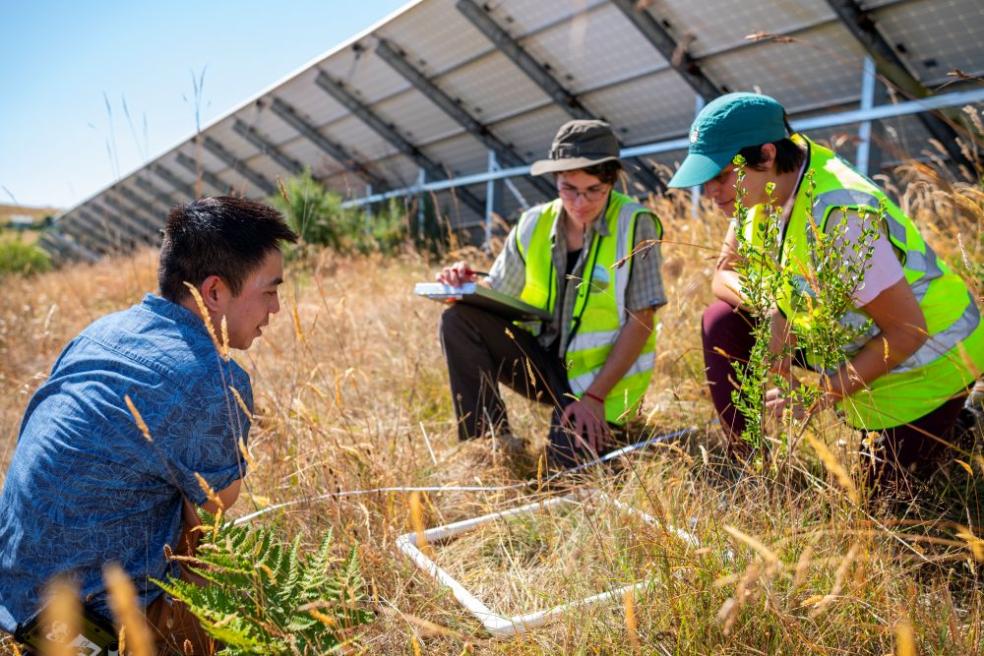
Cal Poly Humboldt joins an elite group of only 15 universities globally to hold this accreditation, solidifying its role as a national leader in range science education. The announcement follows a rigorous evaluation process that assessed the program’s curriculum, faculty, facilities, student outcomes, and community engagement.
“Earning SRM accreditation is a powerful validation of the strength and integrity of our program,” says Justin Luong, professor of Rangeland Resource Science at Cal Poly Humboldt. “It affirms that we are providing a high-quality, science-based, and hands-on education that prepares students to responsibly manage and protect rangeland ecosystems.”
The accreditation, expected to take effect this Fall, is significant in a state where rangelands represent one of the most vital—and often underappreciated—components of the landscape. Humboldt’s Rangeland Resource Science program remains the only undergraduate major of its kind in the state.
“California’s grasslands, savannas, and shrublands are critical for biodiversity, water filtration, carbon sequestration, and livestock production,” said Luong. “We teach our students to think holistically—balancing conservation and agricultural needs through thoughtful, applied management.”
What sets Humboldt’s Rangeland Resource Science program apart is its integration of ecological science, applied management, and inclusive community building. Unlike programs solely focused on livestock production or policy analysis, Humboldt’s curriculum emphasizes sustainable, multi-use land practices informed by ecological data and cultural insight.
“We’re not just teaching about grazing or conservation in isolation,” said Luong. “We’re showing students how to bring people together—ranchers, scientists, tribes, policymakers—to make smart, science-based decisions for the land.”
SRM accreditation not only elevates the university's profile, but it also gives Humboldt graduates a competitive edge in the job market. Private, non-profit, and federal agencies like the USDA, Natural Resources Conservation Service, and Bureau of Land Management prioritize applicants from accredited programs.
The accreditation process was also a catalyst for deeper community engagement. In preparation for the site visit, the department hosted a community gathering that brought together students, faculty, ranchers, natural resource managers, and university leadership.
Local ranchers, industry employers, and university leaders—including Interim President Michael Spagna, Provost & Vice President for Academic Affairs Jenn Capps, and Eric Riggs, dean for the College of Natural Resources & Sciences—participated in the event and voiced strong support for the program’s mission and future.
About the Society for Range Management
Founded in 1948, the Society for Range Management is the leading professional organization for rangeland scientists, managers, and students. SRM sets national standards for academic programs and professional practices in range management. Accreditation from SRM signals a program’s excellence and relevance in addressing today’s most pressing land stewardship challenges.
For more information on the accreditation of professional programs in range management education visit: rangelands.org/resources/learning-education/accreditation